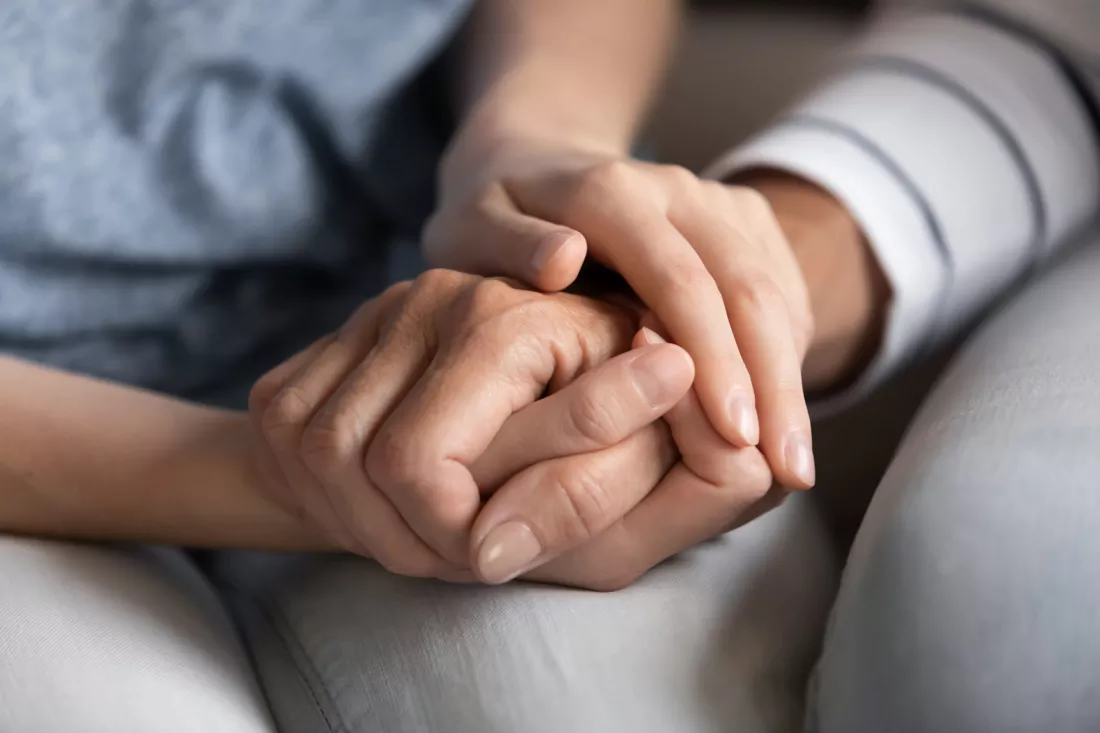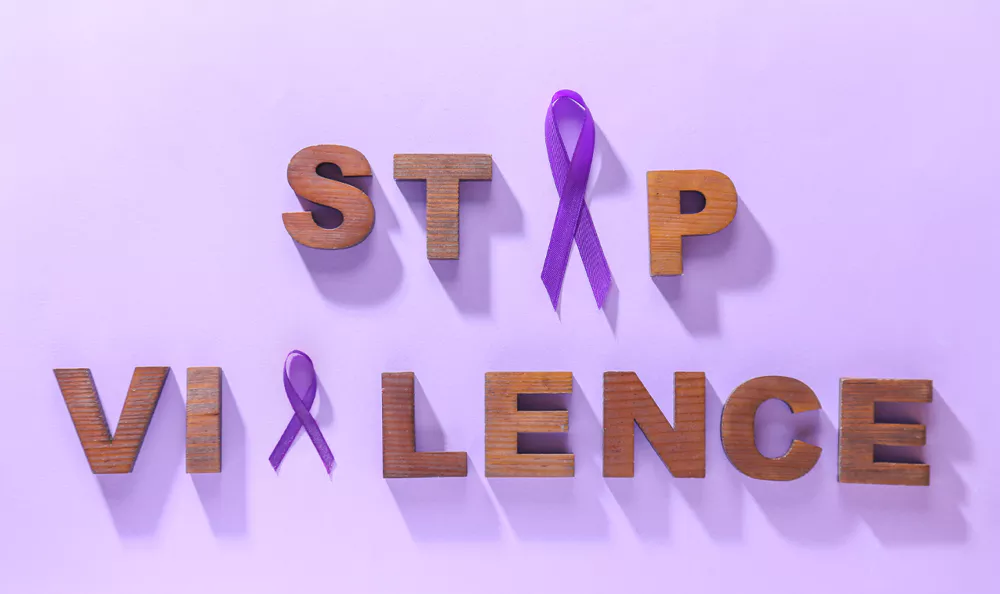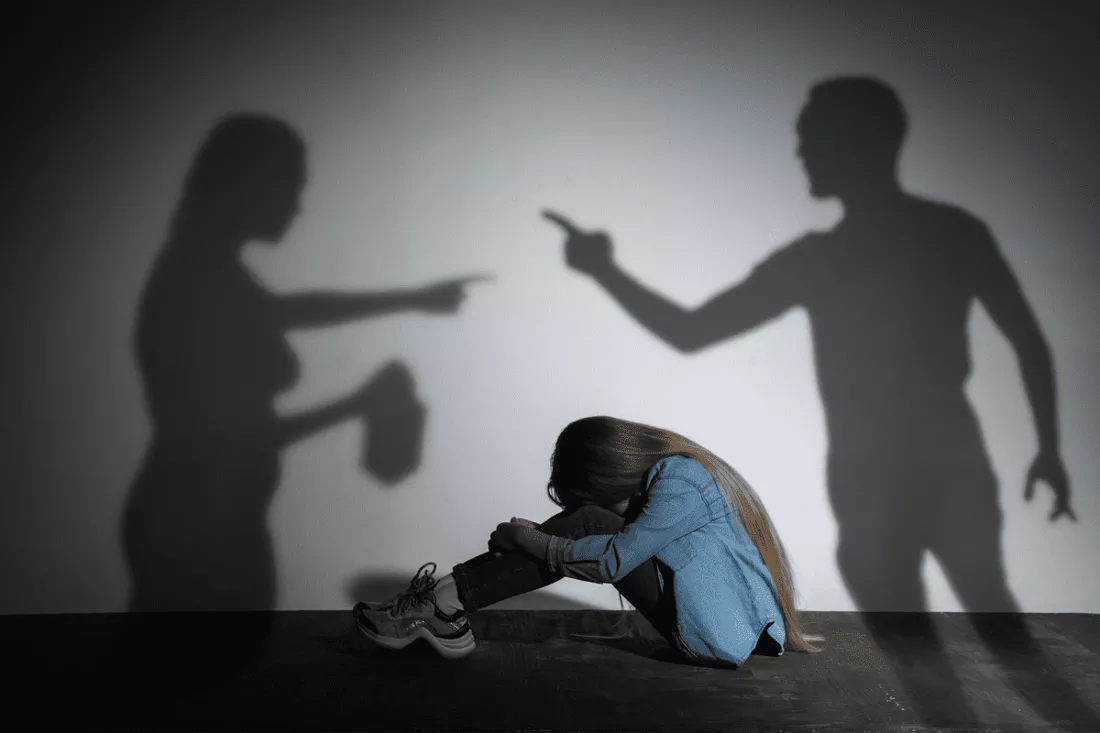Safe Haven
Hope for Healing
Breaking the silence and building a safe haven for women.
Connections
Make connections with those who can helpSafety plans
Our team is dedicated to helping women make safety plansDonate
Help us break the cycleBreaking the Cycle
hope and healing for those affected by domestic violence, while working towards a violence-free world. "Domestic violence is not a private matter. It is a societal
problem that affects all of us and requires a community
response."
"Domestic violence is not a private matter. It is a societal
problem that affects all of us and requires a community
response."
- Mariska Hargitay


Working Towards a Safer Future: Combating Domestic Violence
Domestic violence is a serious problem that affects millions
of people around the world. It can happen to anyone,
regardless of their age, gender, race, or social status.
Victims of domestic violence often suffer in silence,
feeling trapped and alone. They may experience physical,
emotional, or sexual abuse, and may feel like they have
nowhere to turn for help.
At Safe Haven, we are working to prevent domestic violence
and provide support to those who have been affected by it.
We offer a range of services, including counseling, legal
assistance, and shelter for victims of abuse. Our goal is to
help survivors of domestic violence regain control of their
lives and find a path to healing and recovery.
Through community outreach and education, we also strive to
raise awareness about the issue of domestic violence and
promote healthy relationships. We believe that by working
together, we can create a world where everyone feels safe
and free from the fear of violence in their own homes.
Work with us
Make a Difference
Volunteering at Safe Haven is a great way to make a positive
impact in the lives of those affected by domestic violence.
As a volunteer, you will have the opportunity to work
directly with survivors and help them on their journey to
healing and recovery. You can offer emotional support,
provide resources and referrals, and assist with day-to-day
activities at the shelter.
In addition to working with survivors, there are many other
ways to get involved as a volunteer. You can help with
fundraising events, participate in community outreach
efforts, or assist with administrative tasks. Whatever your
skills and interests may be, there is a place for you at
Safe Haven. By volunteering your time and energy, you can
make a meaningful difference in the lives of those affected
by domestic violence and help create a safer future for us
all.
Marina Costa Simonini
Founder of Safe Haven